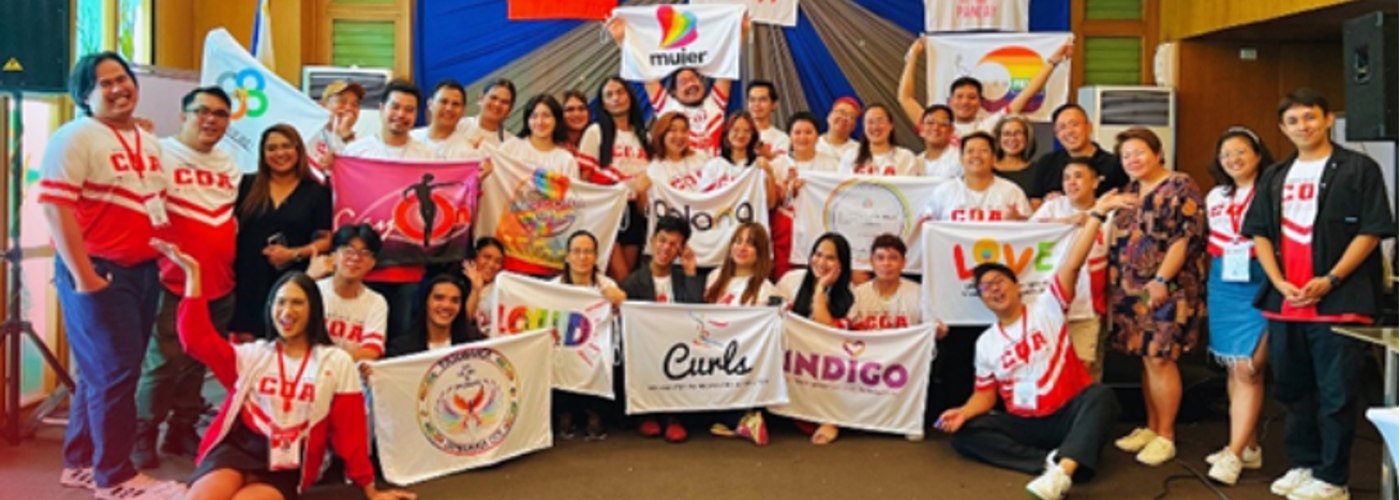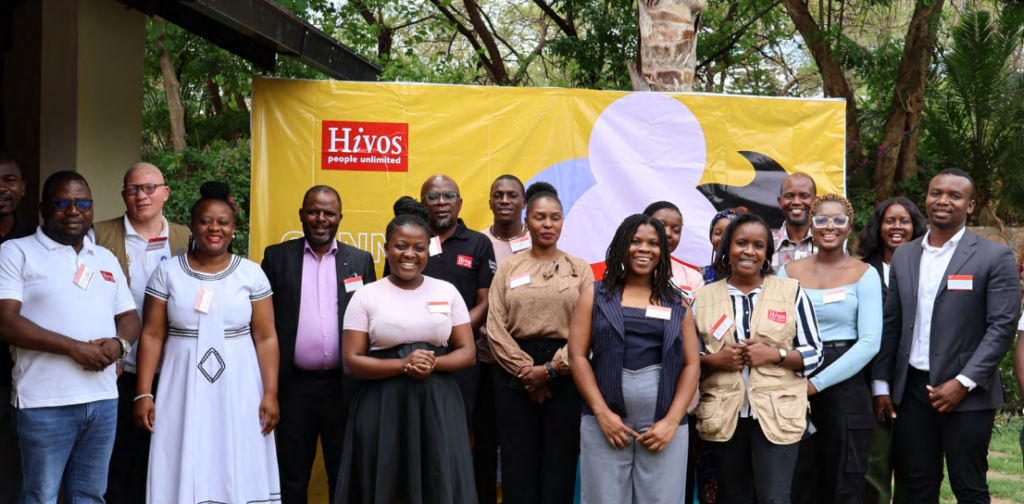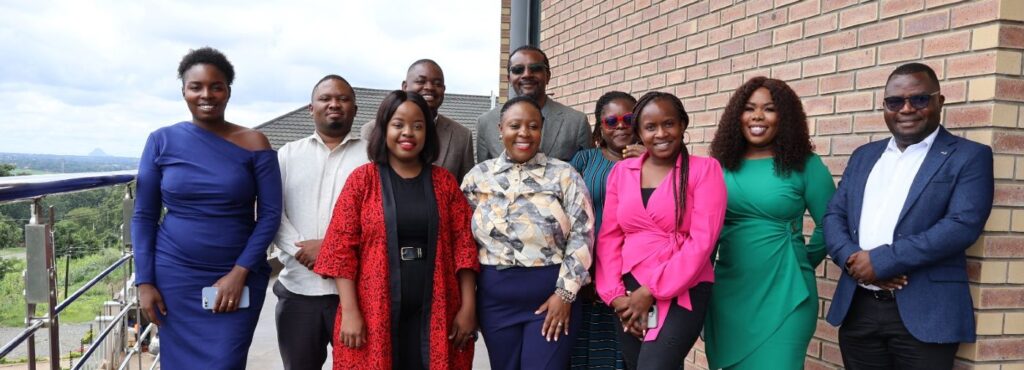When Gayon Inc. took on the role of lead implementer for Free to Be Me Philippines Year 3, it was more than just a responsibility. It was a turning point. With F2BM in its final cycle, the question loomed: How do you ensure that a movement for equality doesn’t lose its fire once a program ends? For Gayon, the answer lies in the next generation. If the movement is to endure, they recognized the need to invest in its “second-liners” — emerging LGBTIQ+ leaders ready to step forward.
From this vision, the COA Academy was born. Structured around five core pillars — advocacy, organizing, political communication, alliance building, and project management — it set out to equip both new and seasoned leaders with the skills to sustain the fight for equality. In September 2024, 26 emerging leaders from across the Philippines gathered for the Academy’s Formation Track. They were a diverse group: LBQ women, transgender people, Indigenous youth, Muslims, volunteers, and newly elected officers, each bringing their own story and commitment to the movement.
Over three intense days, the Academy became a crucible for growth. Mornings were spent diving into frameworks of SOGIESC, human rights, and intersectional feminism. Afternoons were alive with practical workshops — facilitation drills, strategy sessions, and even the playful but powerful “ReelTok Lang!” activity, where leaders crafted one-minute TikTok videos to spread their advocacy. In one session, they tackled the question that would stay with them long after the training: Why do we advocate, and what message do we want the world to hear?
By the final day, the sense of transformation was undeniable. As Joshua of Gayon said in his closing speech:
“I am honored to be part of the COA Academy, a community of changemakers with a deep passion for leadership and grassroots organizing. This is more than just the end of our academy—it’s the beginning of our real work as community leaders.”
And so the work began. From October 2024 to March 2025, participants turned their capstone projects into real-world initiatives. In Zamboanga City, Keyli and Athisa led SOGIESC talks that expanded their group’s reach, intentionally welcoming Muslims, Indigenous Peoples, and LBT members. In Lake Sebu, Poki and Gaya helped unify LGBTQ+ groups across all 19 barangays into a federation—a milestone for grassroots organizing. Meanwhile, Prince and Justin of Mujer took their advocacy into the halls of power, pushing for a gender-inclusive dress code in a local high school.
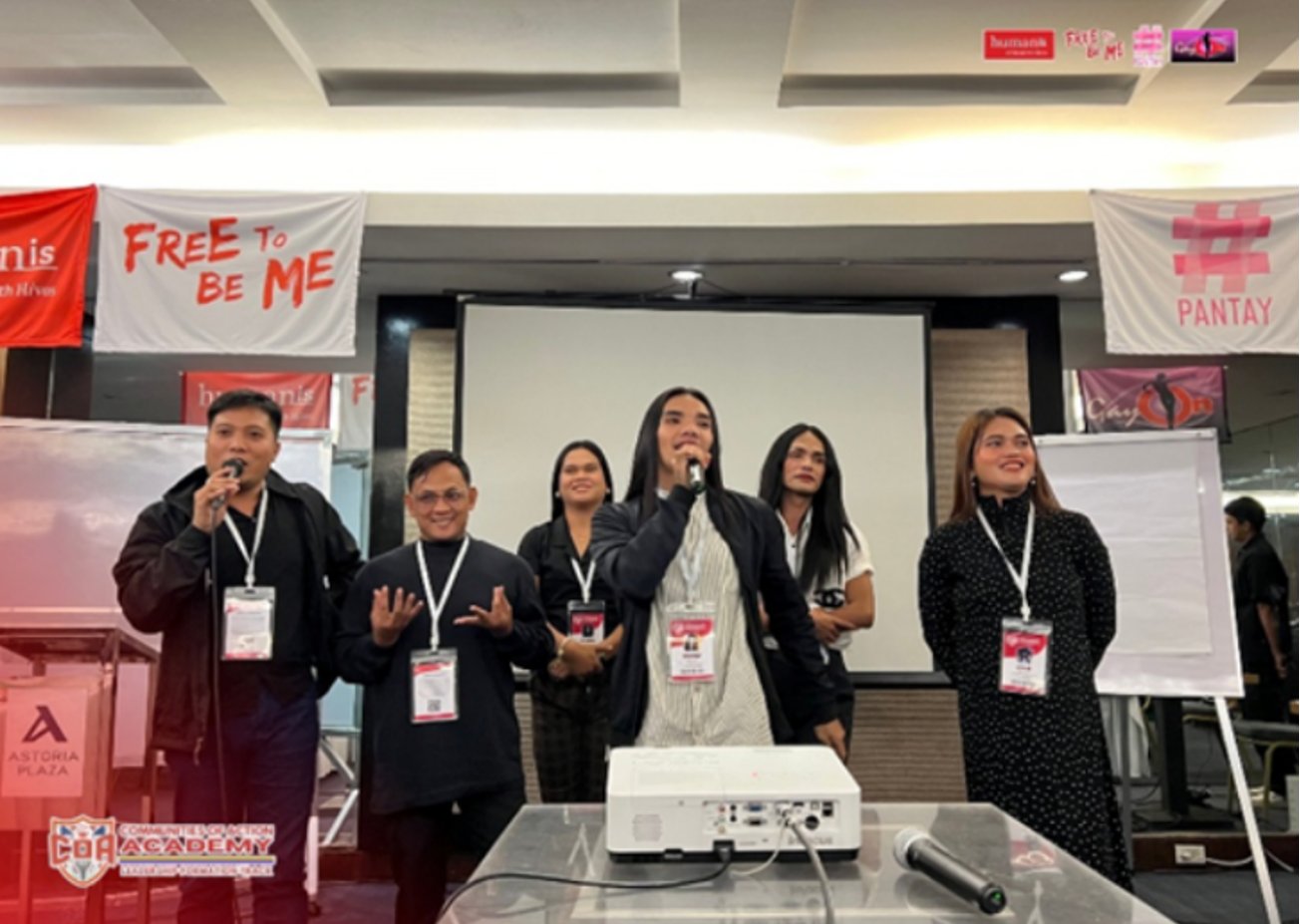
Other leaders carried the torch in their own ways. CURLS in Cebu broadened its trans health services to include trans men, building new partnerships with local governments. Jheng and Clyde of LOVE opened dialogue with unlikely allies — SMEs, senior citizens, and cisgender communities — proving that inclusion can ripple across unexpected spaces. In Eastern Samar, Jay and Julius of San Julian Pride convened dialogues with local officials, sparking efforts to strengthen anti-discrimination ordinances.
Perhaps one of the most inspiring stories came from San Julian Pride’s Jay Oriondo, who merged his passion for farming with his advocacy. He founded the Cacao Growers and Producers Association of Libas, turning a small livelihood effort into a sustainable economic project that now empowers queer farmers. Reflecting on his journey, he shared:
“My experience at the COA Academy and with San Julian Pride inspired me to create the organization. It’s where I found the space to merge my passion for farming with my commitment to gender advocacy. We now have five queer members actively involved.”
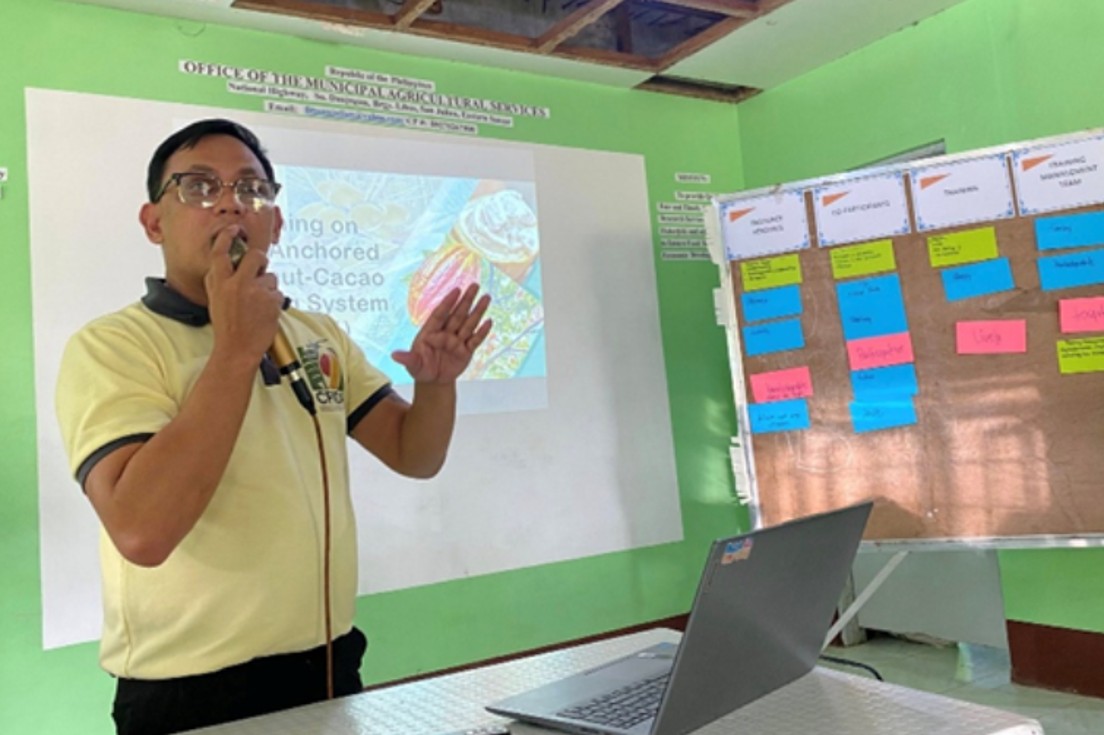
The Academy proved itself to be more than just a training program, but a catalyst. It gave participants tools, yes, but also confidence, networks, and a sense of belonging to something larger. Still, the Academy’s evaluation revealed a sobering truth: these leaders need continued mentorship.
As Free to Be Me Philippines comes to a close, the COA Academy stands as a legacy. It shows that the strength of the movement is not only in victories already won but in the leaders who are just beginning. These second-liners are not only carrying the torch forward—they are already igniting new flames of equality, justice, and liberation in their own communities

